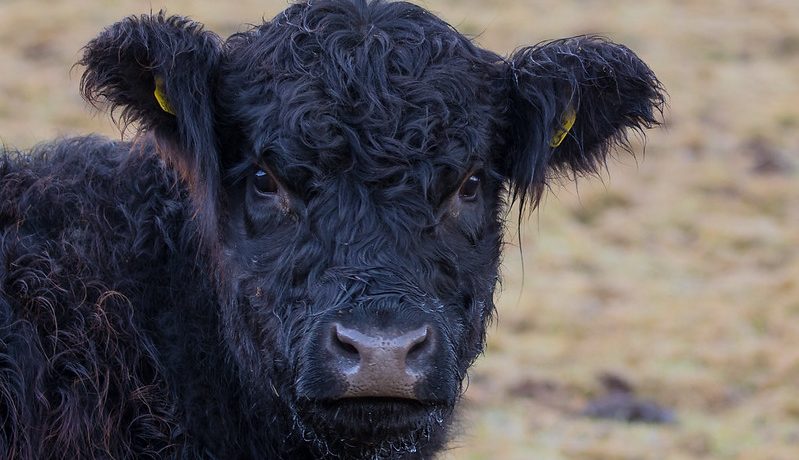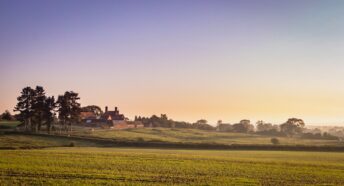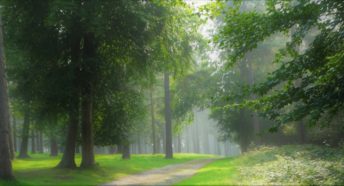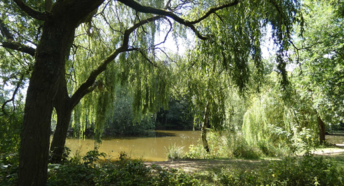The Future of Farming
CPRE wants to see farming working with nature: with farmland making up two-thirds of our countryside, it is responsible for so much more than the food we eat. We all need to support farming that not only feeds us, but also provides habitats for wildlife, fresh air and clean water, stores carbon and looks after the landscapes that make our countryside so special.
And farmers are having to understand a “once-in-a-generation opportunity to reform agriculture” called the Future Farming and Countryside Programme. This consists of schemes targeted at enhancing the environment, protecting the countryside, improving the productivity of the farming sector and improving animal health and welfare. Existing farm support disappears completely by 2027 with annual reductions up to then.
Defra is piloting three components, starting with an initial cohort of farmers from October 2021 and it will be launched in full in 2024. Defra intends to launch some core elements of Sustainable Farming Incentive (SFI) at scale in mid-2022. Central to these proposals are the Environmental Land Management scheme (ELM), the primary mechanism for distributing the funding previously paid under CAP. Instead of CAP direct payments linked to the land, ELM will pay farmers for undertaking actions to improve the environment.
The Sustainable Farming Incentive (SFI) will be open to all farmers and will pay them for actions to manage their land in an environmentally sustainable way. In addition, Local Nature Recovery will pay for more complex actions that deliver benefits at a local level and aims to encourage collaboration between farmers. Landscape Recovery will support large-scale projects to deliver landscape and ecosystem recovery through long-term land-use change projects such as large scale tree planting and peatland restoration.
The current issue for farmers and CPRE is, despite Defra and its delivery partners working hard in challenging circumstances to design ELM within the planned timescales, important elements are not yet in place, creating risks to environmental outcomes and value for money. And achieving the environmental outcomes from ELM depends on high levels of participation. Defra has improved its engagement with farmers, but it still has a lot to do to regain their trust.
CPRE welcomes these new measures to make farming work better for the environment, but we’re also mindful it’s not an easy time to be a farmer. The very future of farming in our country is at risk, despite willing and enthusiastic young people who are keen to make a life of this most skilled of trades.
The future of farming as a diverse and innovative sector is being threatened by declining opportunities just when they are most needed for new and young farmers to start their own business on a council-owned farm before moving on to rent a private sector farm.
The new roadmap outlines a means for new farmers to get a foot in the (barn) door – a New Entrant Support Scheme, which is great to see. We’ve also seeing amazing results and inspirational young farmers, such as Sam Bailey, Young Farmer of the Year 2019, who farms a Staffordshire County Farm, and, from the private sector, Sam Hall, Young Farmer Finalist 2020. Whilst CPRE recognise great value in the New Entrant Support Scheme, we’re still urging the government to keep supporting the amazing local resources that county farms can represent.
While these changes will contribute to a countryside CPRE wish to see, this uncertainty and late introduction of the schemes means a successful launch of to farmers will be even more critical to the ultimate delivery of the intended environmental outcomes. All this while retaining a living countryside that provides at least 60% of the food that feeds us at the same time. If farming is profitable, good environmental practice will follow.
British farming is already recognised as a global leader in producing climate-friendly food and we must continue to build on that reputation, working in partnership with Government to make sure these schemes enable them to do so.
The beautiful countryside we see in Staffordshire is mainly shaped by humans. Farmers like most of us live for the moment, more so as it is a dangerous job, but thankfully they farm as though they will live forever as custodians of our natural countryside.








